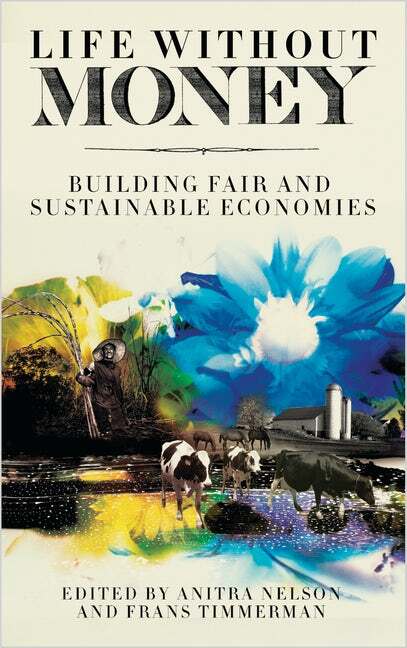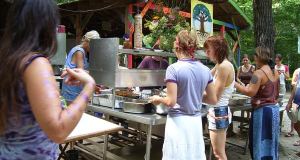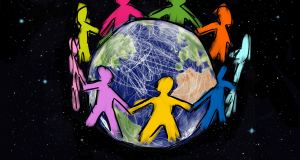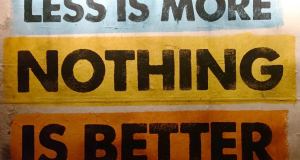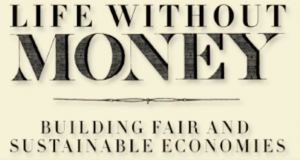
Life Without Money - Building Fair and Sustainable Economies is a book written from a scientific perspective on the possibilities, potential and benefits of Moneyless societies. It is written by a collective of authors who all look into this question from a different perspective. Some articles look at the urge of why we need to look at moneyless solutions, while others explore the possibilities. You can order the book online.
We urgently need to combat those who say 'there is no alternative' to the current system, but what would an alternative look like? The contributors to Life Without Money argue that it is time radical, non-market models were taken seriously.
There are 11 chapters, each written by a different author. Some of the topics are also covered on our website, such as Living without money at Twin Oaks, focusing mostly on its labour-credit system.
Non-market socialism
The chapter on non-market socialism analyses various socialist strategies of contemporary movements, by Adam Buick. He disapproves alternative bartering systems such as LETS as a strategy to leave behind the money economy, as these systems tend not to scalable.
Another chapter is about squatters collectives in Spain, whose communities are very much gift economy based and voluntary work. Yet another topic is decision making processes, arguing that collective self-management practiced at all levels of society lies at the core of a society aiming for moneyless initiatives.
Academic teachings
The book is mostly intended for academics teaching from this book, and those whom Nelson calls “thinking activists,” i.e., people who are primarily activists, but who are also interested in economic theory. It is edited by Anitra Nelson and Frans Timmerman.
The book used to have a website, that you can still access via web.archive.org.
Life Without Money Reviews
Check out these links below to read more reviews about this book.

